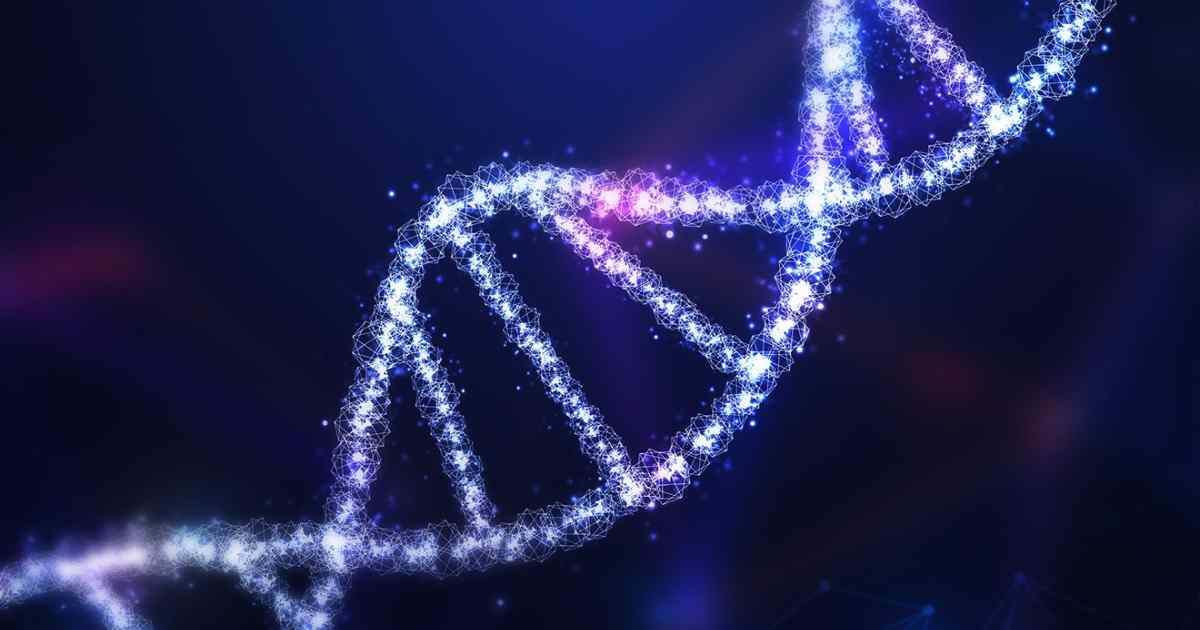
Expert Reviewed By: Dr. Brandon Colby MD
Cystine urolithiasis is a rare genetic disorder that causes recurrent formation of cystine stones in the kidneys, ureters, and bladder. As a worldwide health problem, understanding the genetic causes of this condition is crucial for accurate diagnosis and effective treatment. In this article, we will delve into the genetics of cystine urolithiasis, the importance of molecular genetic analysis, and the potential uses of genetic testing for this disorder.
Understanding the Genetics of Cystine Urolithiasis
Urolithiasis is a complex condition with multiple causes, including genetic factors. Cystine urolithiasis, in particular, is caused by a genetic disorder known as cystinuria. This condition is characterized by the impaired reabsorption of cystine, an amino acid, in the kidneys and intestines, leading to the formation of cystine stones (REVIEW: GENETICS OF UROLITHIASIS). Cystinuria is inherited in an autosomal recessive manner, meaning that an individual must inherit two copies of the mutated gene, one from each parent, to develop the disorder (Cystinuria update: clinical, biochemical and genetic aspects).
Two genes, SLC3A1 and SLC7A9, have been identified as responsible for cystinuria. Mutations in these genes disrupt the function of a protein complex that transports cystine and other amino acids in the kidneys and intestines. This results in an excessive amount of cystine in the urine, which can crystallize and form stones (REVIEW: GENETICS OF UROLITHIASIS; Cystinuria update: clinical, biochemical and genetic aspects).
Diagnosing Cystine Urolithiasis
Diagnosis of cystine urolithiasis typically begins with a thorough medical history, physical examination, and laboratory tests to detect high levels of cystine in the urine. Imaging studies, such as X-rays or ultrasound, may also be performed to visualize the stones. However, these methods alone may not be sufficient to confirm the diagnosis of cystinuria, as other types of stones can also be present in individuals with this disorder (Cystinuria update: clinical, biochemical and genetic aspects).
The Role of Genetic Testing in Diagnosis
Genetic testing can play a crucial role in the accurate diagnosis of cystine urolithiasis. By analyzing the DNA of an individual, molecular genetic analysis can identify mutations in the SLC3A1 and SLC7A9 genes that cause cystinuria. This can provide definitive confirmation of the diagnosis and help guide treatment decisions (Cystinuria update: clinical, biochemical and genetic aspects; REVIEW: GENETICS OF UROLITHIASIS).
Identifying Novel Pathogenic Variants
As our understanding of the genetics of cystine urolithiasis continues to expand, researchers are identifying novel pathogenic variants in the SLC3A1 and SLC7A9 genes. For example, a recent study identified 15 new pathogenic variants in 13 Chinese families with cystine urolithiasis (Genetic and Clinical Analyses of 13 Chinese Families With Cystine Urolithiasis and Identification of 15 Novel Pathogenic Variants in SLC3A1 and SLC7A9). These findings expand the known mutational spectrum of the disorder and can help improve the accuracy of genetic testing for cystinuria.
Using Genetic Testing for Treatment and Prevention
Guiding Treatment Decisions
Once a diagnosis of cystine urolithiasis is confirmed through genetic testing, treatment can be tailored to the individual's specific needs. Treatment options may include increased fluid intake, dietary modifications, medications to reduce cystine levels in the urine, and surgical procedures to remove or break up the stones (Cystinuria update: clinical, biochemical and genetic aspects). Genetic testing can also help identify individuals at risk for developing complications and guide decisions about more aggressive treatment strategies.
Prevention and Screening in At-Risk Populations
Genetic testing can also be useful for screening at-risk populations, such as family members of individuals with cystine urolithiasis. By identifying carriers of the mutated genes, preventive measures can be implemented to reduce the risk of stone formation in these individuals. Additionally, genetic testing can be used in prenatal screening to detect cystinuria in unborn babies, allowing for early intervention and management of the condition (Cystinuria update: clinical, biochemical and genetic aspects).
Conclusion
Understanding the genetic basis of cystine urolithiasis is essential for accurate diagnosis and effective treatment of this rare disorder. Genetic testing can play a vital role in confirming the diagnosis, guiding treatment decisions, and identifying at-risk individuals for preventive measures. As our knowledge of the genetics of cystine urolithiasis continues to grow, the potential applications of genetic testing in the management of this condition will undoubtedly expand as well.
About The Expert Reviewer
Dr. Brandon Colby MD is a US physician specializing in the personalized prevention of disease through the use of genomic technologies. He’s an expert in genetic testing, genetic analysis, and precision medicine. Dr. Colby is also the Founder of and the author of Outsmart Your Genes.
Dr. Colby holds an MD from the Mount Sinai School of Medicine, an MBA from Stanford University’s Graduate School of Business, and a degree in Genetics with Honors from the University of Michigan. He is an Affiliate Specialist of the American College of Medical Genetics and Genomics (ACMG), an Associate of the American College of Preventive Medicine (ACPM), and a member of the National Society of Genetic Counselors (NSGC)